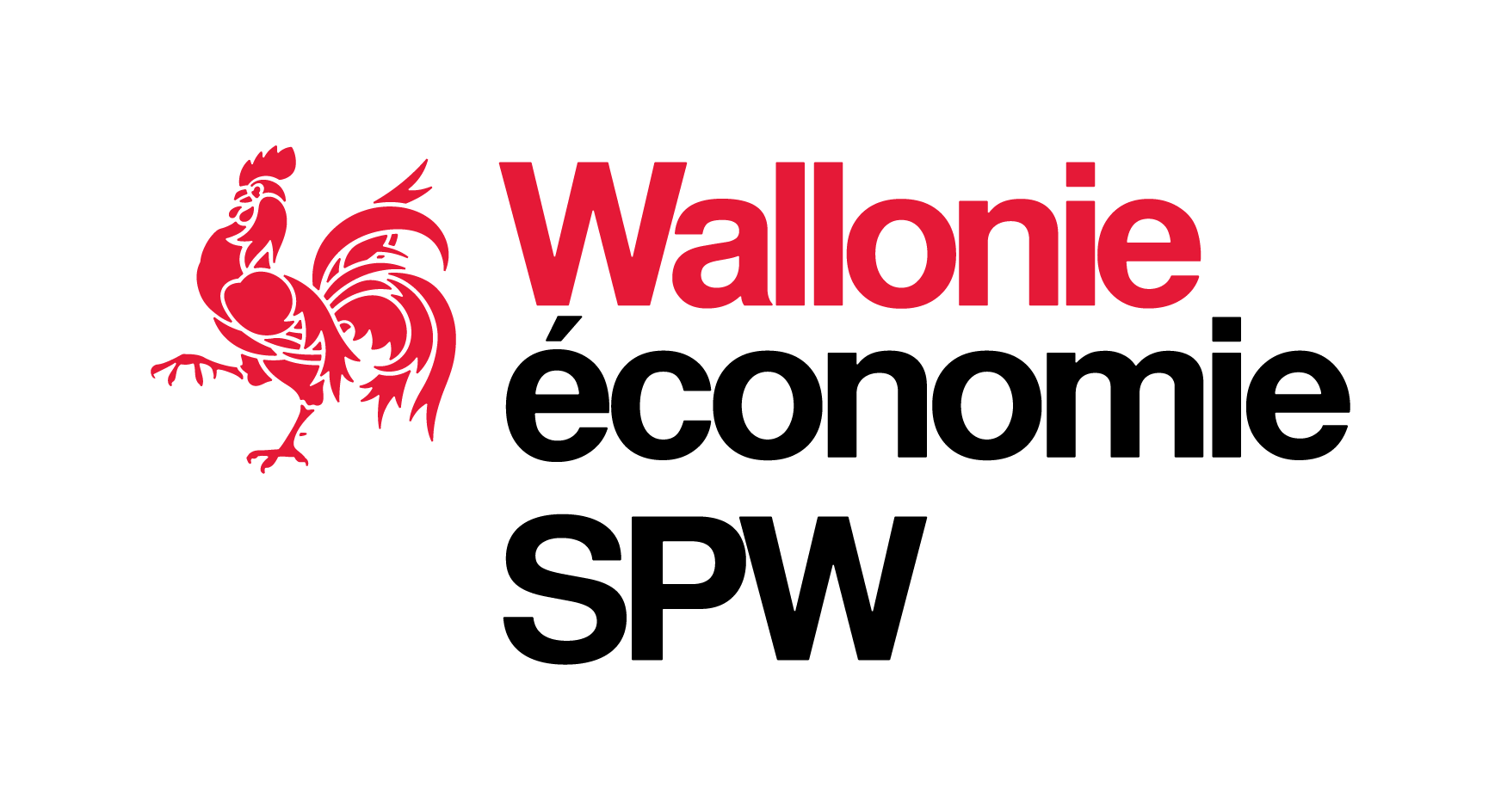COST is an intergovernmental European framework for international cooperation on research activities funded at the national or regional level. These activities may take the form of pre-competitive or fundamental works, or even activities that are in the public interest.
It is the oldest European networking system for research: it was created in 1971 and currently includes 38 member states, 1 cooperating state (Israel) and 1 partner member (South Africa).
COST plays a major role in the development of scientific and technical cooperation in Europe and is an important pillar of the European Research Area (ERA).
Funding from COST only covers travel and subsistence costs for the two members of the Management Committee to participate in committee meetings. Under certain conditions, COST also offers financial support for the Actions’ networking activities, such as organising meetings, conferences, workshops, short-term scientific missions, summer schools and training programmes, publications and other promotional and dissemination activities in the scientific sector.
Participants in a COST Action supported by the Walloon region include:
- an accredited research centre;
- a large company or an SME.
Joining an on-going COST Action:
A researcher applying for an on-going COST Action may apply to participate at any time up to six months before the end of the Action. Their application must be duly motivated and accepted by the Management Committee for the Action.
Contact the COST programme manager for the Walloon region to prepare your application.
Submitting a COST Action proposal:
COST calls for proposals collect proposals once or twice per year, depending on the budgets granted by the European Commission in its contract with the COST organisation. A proposal comprises a file that is 15 pages long at most, presented according to a precise template, and satisfies well-defined criteria that are clearly explained in the COST documentation. A COST Action lasts four years.
The Research Programmes Department organises an annual information session for those who are proposing a future COST Action, in collaboration with the other research-funding bodies for federal and federated entities. Testimonials from Belgian Action coordinators and writing tips are provided.
Proposals that are submitted during a call for proposals are assessed by expert committees, in order to ensure a neutral and transparent assessment. The COST secretariat, in collaboration with the entity proposing the project, prepares a memorandum of understanding that defines the kind of activities to be carried out, the common goals and means of participation and governs rights pertaining to sovereignty and, if necessary, the protection of intellectual property. This memorandum of understanding must subsequently be approved by a Committee of Senior Officials and signed by the national authorities.
The COST Committee of Senior Officials, in which BELSPO represents Belgium, determines the general strategy for COST cooperation and selects the new actions that should be launched.
The time between the application and the launch of a new COST Action is nine to twelve months.
Principles of participation
The organisation of the COST framework is based on four key principles:
- any COST member state, including the Commission, may propose COST Actions;
- participation in these Actions is optional and ‘à la carte’ (variable geometry). Only countries that are interested participate;
- research is funded at the national or regional level; coordination costs are covered by the European Commission (or by the participating countries);
- cooperation takes the form of ‘concerted Actions’. As a result, it involves coordinating research activities that take place in the same field, for example, in order to determine shared methodologies or protocols, common standards, or to develop shared databases and organise tests, trials or comparative analyses.
New COST projects can be proposed by individual scientists, research institutes or industrial companies.
Generally speaking, European Commission funding only covers two researchers per country. However, a country may finance other participants with the consent of the other countries, by signing the Joint Declaration of Intent (JDI). Belgium, and the Walloon region in particular, is one example of this.
